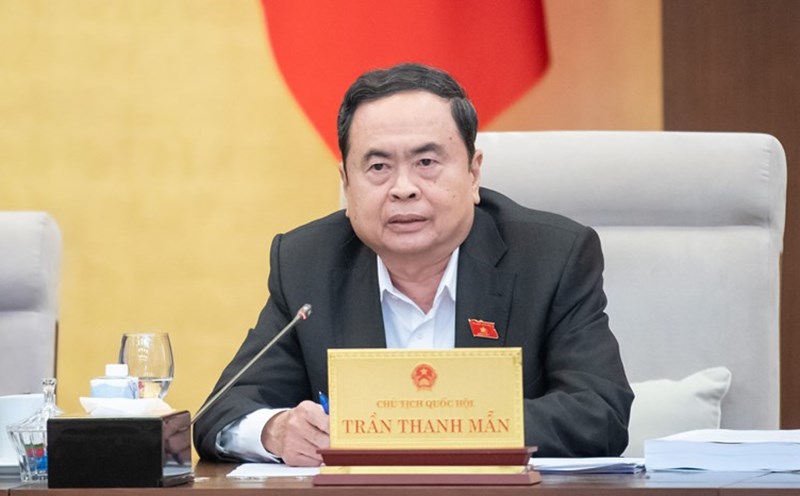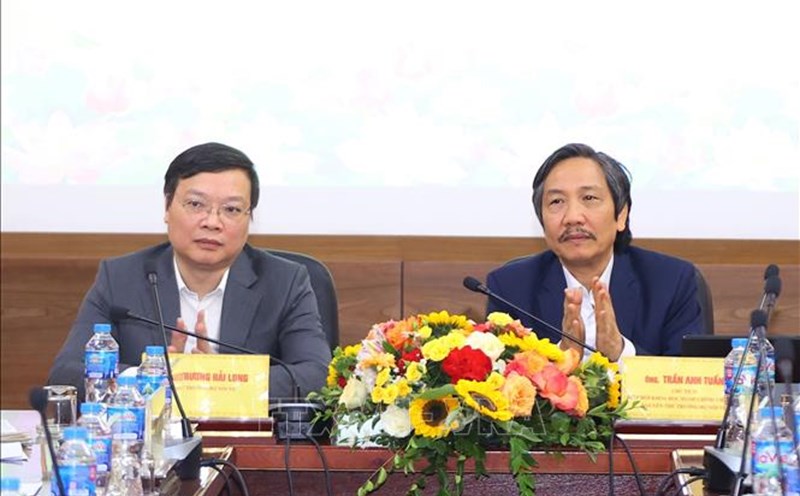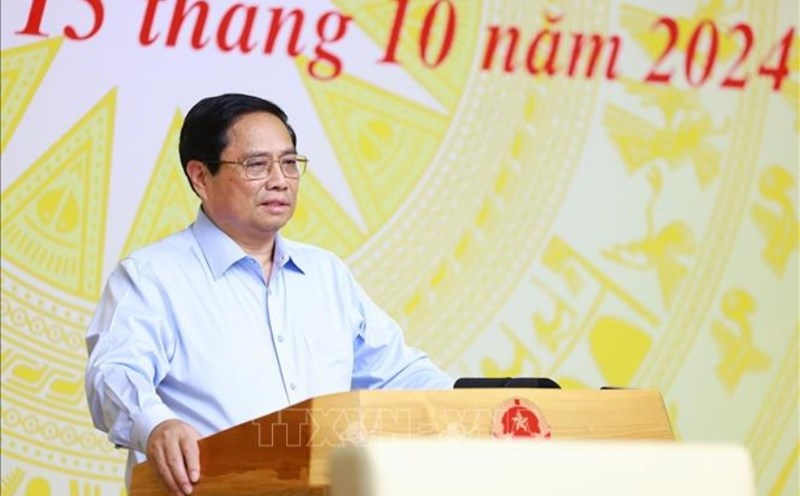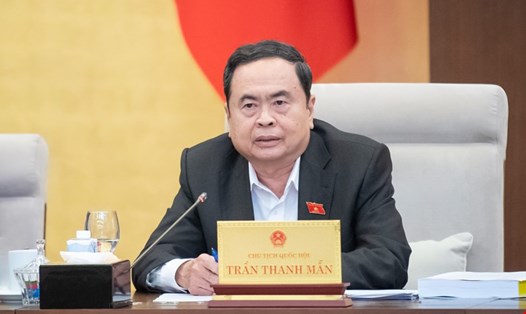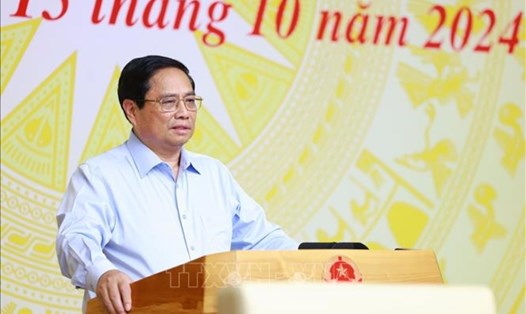During the 42nd session of the National Assembly Standing Committee on February 5, when discussing the draft Law on Government Organization (amended), many opinions highlighted the importance of decentralization and delegation of power.
Notably, the National Assembly Chairman emphasized that in the coming time, the role of the commune level will be strengthened when many district-level units are cut. Specifically, the district-level inspectorate and police will no longer exist, along with that, a number of other agencies will also continue to be rearranged.
The National Assembly Chairman also reiterated the words of General Secretary To Lam about the spirit of decentralization and delegation of power: "Locals decide, localities do, localities are responsible", the Central Government creates, the National Assembly supervises, the Government operates.
“The commune level will be very strong” when receiving more functions and powers, which can be considered a major reform of the organizational apparatus. However, the National Assembly Chairman noted the need to ensure resources when decentralizing and delegating power to this level.
The resources that the National Assembly Chairman mentioned are the money, conditions, and mechanisms for the commune level when being decentralized, delegated, and given more power and work.
But there is another resource that cannot be ignored, which is the quality of cadres at the commune and ward levels.
In fact, the story of decentralization and strong delegation of power to the grassroots level has been raised many times. Many localities earnestly hope that the Central Government will grant them greater power to be autonomous in solving arising problems. However, when power is given to them, there is a fear of not being able to handle the work and responsibilities.
Remember, at the discussion session in the National Assembly's group at the 5th Extraordinary Session (January 2024), regarding the draft Resolution on a number of specific mechanisms and policies to implement national target programs, Head of the Central Policy and Strategy Committee Tran Luu Quang, then Deputy Prime Minister, raised this issue.
Mr. Tran Luu Quang expressed his concern about whether districts and communes can handle the decentralization. "Because if we are not careful, we will lose cadres. My phone received many messages from cadres in districts and communes saying 'Please, Deputy Prime Minister, don't give me the job, I'm going to lose it'," Mr. Tran Luu Quang said.
In reality, if the human resources are not qualified or well-prepared, untying the mechanism can become a burden. Not to mention, in places where there is a lack of supervision, transparency, and excessive decentralization, it is easy to lead to abuse of power.
The commune level will be very strong when decentralized, when some district-level units are eliminated and resources are guaranteed. But if there is no solution to improve the quality of human resources synchronously, it will only be strong in theory.
At that time, the apparatus not only operates ineffectively but also easily falls back into the vicious cycle of "losing cadres" or "breaking up" due to the easy emergence of negativity and weak management and implementation capacity.

